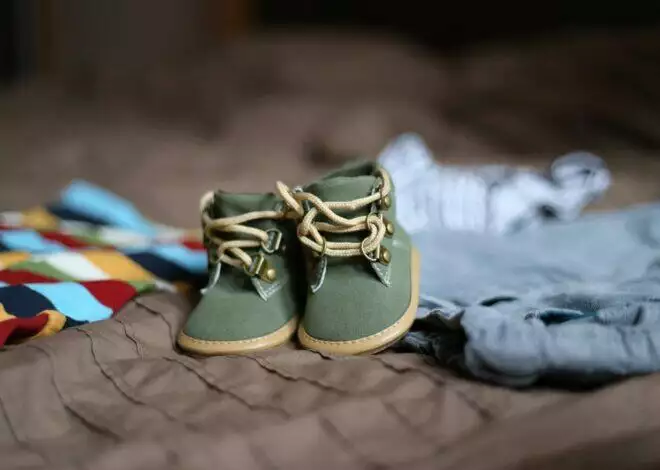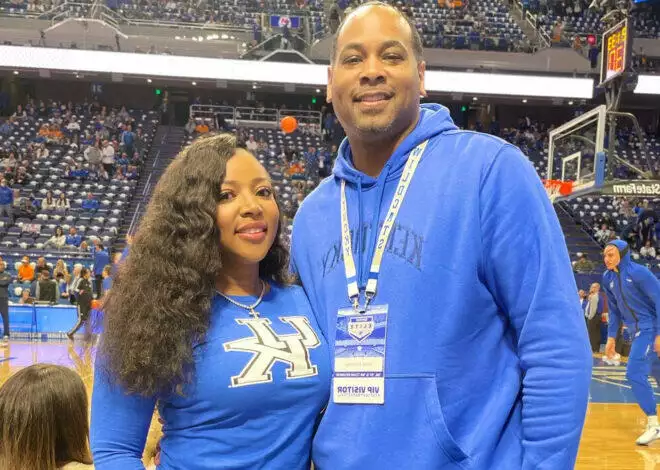The past year in many ways has been a very good one in our country’s fight to end violence against women.
Last fall, there was intense outcry following the release of the elevator video showing Baltimore Raven’s running back Ray Rice punching his then fiancée. Following that watershed moment, President Obama and Vice President Biden launched a powerful It’s On Us campaign featuring male celebrities to drawn men into the movement to end violence against women. Additionally, a No More Superbowl ad where an abuse victim gets helps by dialing 911 and pretending to order a pizza was seen by over 100 million viewers.
One might think that our country is starting to understand the scope and seriousness of the problem women face to stay safe in our homes, workplaces and sidewalks every day.
However, in the last few weeks, the media have bombarded us (and our kids) with a deluge of “violence against women is ok!” messages. Surprisingly – or maybe not – the missives are coming from national sports franchises and our legal system, the entities who might, arguably, be most sensitive to not perpetrating anti-women violence just now.
First, on May 2, Floyd Mayweather, the highest paid athlete in the world and a man convicted of physically abusing four women over a twelve year period, was watched and feted in Las Vegas by some of the richest, most powerful business people and entertainers on the planet, including Beyonce, Donald Trump, Jesse Jackson, Paris Hilton, Les Moonves, Michael Jordan, Justin Beiber, Jamie Fox, Jimmy Kimmel.
The Mayweather-Pacquiao fight purse was $300 million. Over three million pay-per-viewers ponied up $100 each to watch the fight at home; there were 5.8 million fight-related tweets in the U.S. alone.
However, almost none of these tweets, and little sports media, mentioned Mayweather’s long, violent history of abusing and terrifying the women and children in his life.
Around this time, the marketing geniuses at Anheuser-Busch released an ad touting Bud Light as “the perfect beer to remove ‘no’ from your vocabulary for the evening” despite the fact that every 107 seconds there is another sexual assault in the United States during which victims clearly and routinely say no to their attackers and are raped anyway, unless of course they’ve been given such large amounts of alcoholic drinks spiked with tranquilizers and other drugs that they cannot even speak.
Then, to add insult to injury, a cheap, in-house ad was shown on the Cleveland Cavaliers JumboTron during a playoff game vs. the Chicago Bulls. The “All In” ad showed a young man chucking his girlfriend across the kitchen because she’s not a Cavs fan. She quickly learns her lesson, dons a Cavs jersey, and cuddles up to her abuser on the couch with an ice pack on her head. Hahaha. Domestic violence is so amusing, isn’t it?
The facts themselves are far from funny: Four million women are the victims of relationship violence in America every year; abuse happens in every community, at every income level, in every neighborhood, among every religion; 15 million children are victims of family violence every year; over $4 billion a year is spent treating injuries resulting from intimate partner violence.
Violence against women is never funny, or a good subject for a supposed spoof ad, or any kind of product push.
By saying we’re supposed to laugh at a complicated, destructive problem that affects 1 in 3 women in their lifetime, the good folks at Anheuser Busch, the Cleveland Cavaliers and others just make themselves look completely out of touch with the realities of relationship violence, the end rape on campus movement, and the sensitivity shown by our country’s highest elected officials.
It’s particularly hard to understand how ANYONE working in sports media or for a national sports franchise could be so clueless and irresponsible. In order to end violence against women, our leading national sports franchises need to draw men and boys into the movement to stop rape and relationship violence, crimes in which women are the victims roughly 90% of the time. Sporting events are a unique, powerful vehicle for reaching men with positive and accurate information about how they can help end relationship violence. Instead of downplaying domestic violence, sports franchises have a real leadership opportunity.
For instance: During the Superbowl, a very powerful ad aired that showed a woman calling 911 for helping in a DV attack, while pretending to order a pizza. This ad created awareness and saved women’s and children’s lives. Just last week in Florida, a woman who was being held hostage by her boyfriend ordered from Pizza Hut online and attached a plea for help in the comments section – which resulted in police being dispatched to her house. This is the kind of domestic violence story we need to hear and see from sports media.
So amidst the dismal news, there is hope. But don’t get your hopes up too high. The latest blow came Thursday, May 21, when a New Jersey judge dismissed the felony assault charges against Ray Rice for his attack on Janay Palmer in the Atlantic City elevator – because Rice completed a short court-mandated education class. In the aftermath of the elevator assault, Ray Rice entered a not-guilty plea and was ordered to attend the class. This agreement is typical in New Jersey for first offenses, when a “diversionary” class can reasonably be expected to deter future criminal behavior and the crimes appear to involve two antagonists. Anyone who saw Ray Rice dragging an unconscious Janay Palmer out of the elevator understands there was a clear victim in this case.
In my experience, offenders who want to stop abusing intimate partners work toward three simple, but difficult, goals. First, they accept that the violence is their responsibility (in other words, it is not provoked by loved ones, alcohol/drugs, childhood triggers, difficult employment situation, etc). Second, they make a full and voluntary public admission of their violent propensities, by telling family, friends, neighbors, employers, etc, what they’ve done. Lastly, they make a commitment that if they abuse again, even once, the relationship will end for good. Ray Rice shows none of these, no matter what course he has completed.
This is the type of drilled down, nuanced understanding of relationship violence that our national sports media and teams need to incorporate into their policies, advertising, and overall communications with fans. Not spoof ads. Not a light slap on the wrist. But an understanding that violence against women is, in fact, a men’s issue too.





